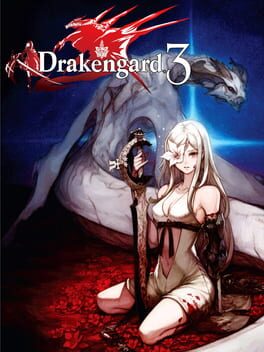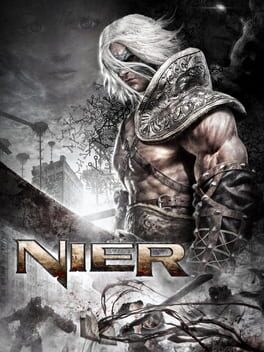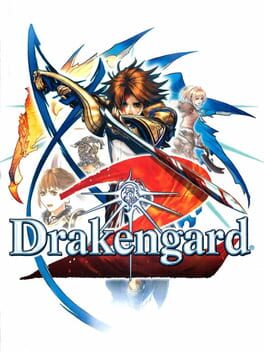

Drakengard follows the story of a kingdomless prince named Caim who fights for the Union against the Empire. Under the Union's protection are the Hierarchs and the Goddess, currently Caim's sister Furiae, who is a human manifestation of one of the four seals that protect the world from being broken. As the game begins, Cain is fatally wounded in a battle with the Empire. Encountering a captured Red Dragon who is also near death, Caim makes a fateful choice. In exchange for both their lives, the Red Dragon and Caim will enter a pact. This pact will forever chain their lives to one another and link their souls, at the cost of something irreplaceable. Recharged with the fires of a Dragon, Caim's vengeance burns over the enemy... The player controls Caim on his quest. The game is separated into three distinct modes: Aerial combat, Ground combat and Event Combat. In Aerial Combat, Caim rides dragonback against a variety of airborne foes breathing fireballs (strong single shots and weaker multiple lock-on shots). The Dragon is agile and is able to evade incoming threats, turning around completely in a moment. In Ground combat, the game is shown in 3rd person though usually large, open areas. Controlling Caim, his primary ability is the use of a variety of weapons found on the battlefield, each with their own magic powers. These are leveled up through continued usage, and specifically through the killing of individual enemies. In ground combat, Caim may also call forth his Dragon to ride and strafe enemies from the air. Event combat is similar to Ground combat, but shown isometrically, restricted to a single weapon and without the aid of a dragon. It is used mainly to tell story sequences.
Also in series
Reviews View More
Aside from that the on-foot gameplay is just even shittier Dynasty Warriors, it's tedious but nowhere near as bad as some people make it out to be. The dragon gameplay is... fine but not something that I'd ever willingly play again.
The music at least somewhat makes up for the gameplay with a cool sound collage of classical music that does a lot of heavy lifting in terms of atmosphere.
Many import story concepts (pacts, goddess, seals etc etc etc) are barely explained (if at all) and with how the verses and endings are structured it makes the story needlessly confusing to borderline nonsensical at times (ending C for example). Aside from some cool visuals and fun dialogue, there's just not a lot there and it's overall pretty uninteresting.
If this wasn't a Yoko Taro game I probably wouldn't have ever played it and certainly wouldn't have finished it.



